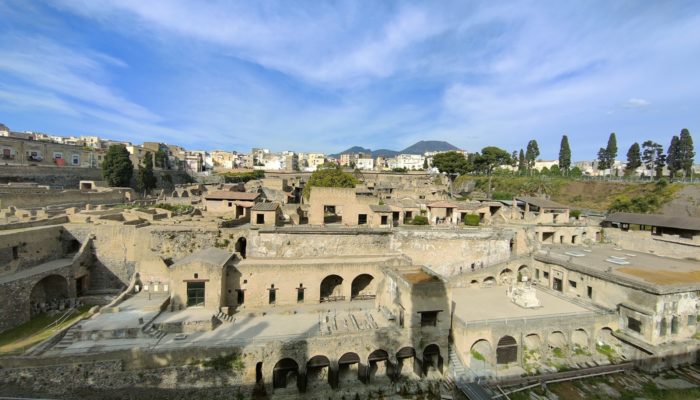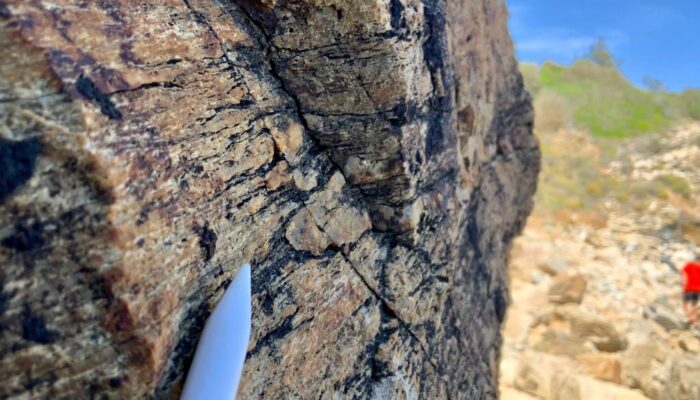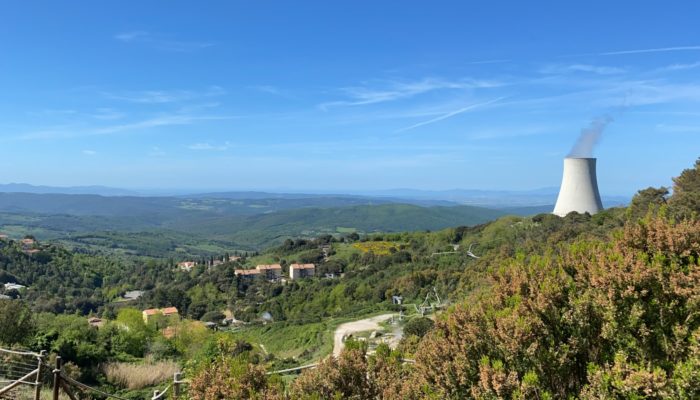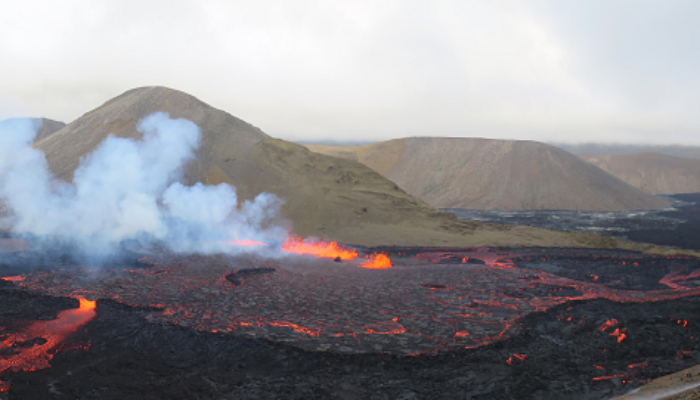Geothermal resource development faces a major obstacle: the expensive exploration process. Unsuccessful drilled wells can discourage interest and disrupt economic plans. Understanding the relationship between geologic structures and geothermal fluid flow is critical to successful exploration. Various methods, such as geochemistry, geophysics, structural analysis and modeling, aim to create a relia ...[Read More]
The role of Geothermal Energy in the energetic and environmental challenge.
How does a Geothermal system work? Heat is a form of energy and, strictly speaking, geothermal energy is heat from inside the Earth. The large amount of thermal energy enclosed below the earth’s surface derives in part from its primordial formation process and in part originates from the decay of radioactive isotopes present mainly in the earth’s crust and, secondarily, in the mantle. ...[Read More]
Fagradalsfjall 2021 versus 2022: similarity and differences
The Icelandic eruptions of 2021 and 2022 originated in the Reykjanes peninsula, characterized by the Krýsuvík-Trölladyngja system, one of the five volcanic systems present along the peninsula. This peninsula is a leaky transform fault, characterized by episodic rifts and associated volcanism. The last two years have brought about some of the most momentous volcanic eruptions in recent history. The ...[Read More]
Can human curiosity affect dynamic risk?

In simple words, the volcanic risk (R) can be defined as R = Value × Vulnerability × Hazard. The value is a figure that varies according to the total number of population and / or infrastructures at risk during a volcanic eruption, vulnerability is the percentage of value at risk for a given volcanic event and the hazard is the probability that a certain place may be affected by a determined hazar ...[Read More]



